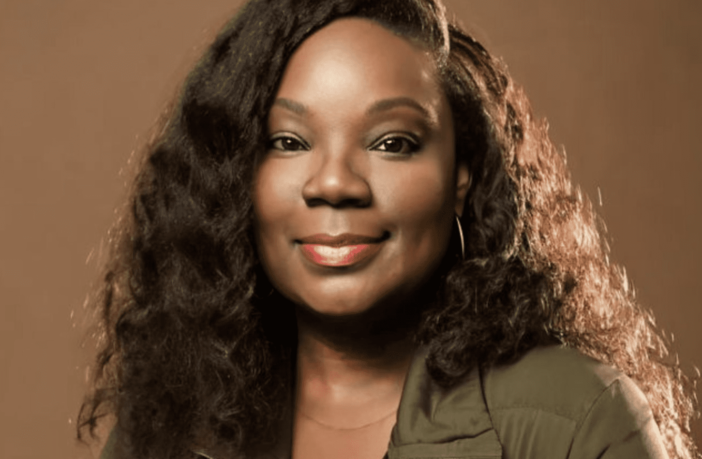Rae Giana Rashad is the author of The Blueprint, a novel about a young Black woman who faces a world of injustice and bondage, specifically in Texas. After a visit to a plantation in Louisiana, Rashad felt the need to tell the story of the enslaved and how we can understand ourselves through the stories of our ancestors.
What led you to write this book?
Creating The Blueprint was a unique journey. My husband and I visited Whitney Plantation in Edgar, Louisiana. I’m not sure if you’ve ever been to a plantation, but it’s a visceral experience. Everything feels so heavy. So we’re visiting the grounds; we visited the big house, and then there are these granite monuments, with lists of enslaved people and quotes from those people. They were all heartbreaking, but the stories of women really haunted me, and it just dug into me, and I couldn’t get it out of my mind. That led to me rereading the slave narratives that I’ve read my entire life, and this time, I just focused on the voices of women, and with that research, the seed of The Blueprint was created.
What were some of the slave narratives that you read about those women?
I read Incidents in the Life of a Slave Girl. That story was very integral to the inception of The Blueprint. I also reread 12 Years of Slave. That’s not written by a woman, but there are stories of women within that story, and you get bits and pieces of their story. After you finish with the narrative, those are stories that haunted me because you don’t know what happened to those women. I had the desire, the need, and the fierce ‘want’ to know what happened with those women and to want to know that they were okay, but then knowing that you’re never going to know if they were okay.
What message can you send to Black women who continue to fight for justice and change?
There’s something organic about being a Black woman in Texas writing about a Black woman in a reimagined dystopian Texas. The parallels are very unsettling. As it relates to Black women, we’re going to continue doing what we’ve always done. I was speaking to someone the other day about an article that I’m writing to pitch, and I said, “Black women have never had the ability to assume that a fight wasn’t ours.” You hear so many people saying, “I’m going to leave Texas,” or “I’ll leave Florida when something happens,” or people asking me, “Why do you stay there?” Well, because Black women have always stayed here. I come from a long line of Black women who know how to stand together and fight for change. My daughter is here; her grandma was in the first class to integrate the high school in Paris, Texas. We’re going to continue doing what we’ve always done, we stand rooted and we just keep fighting for change.



